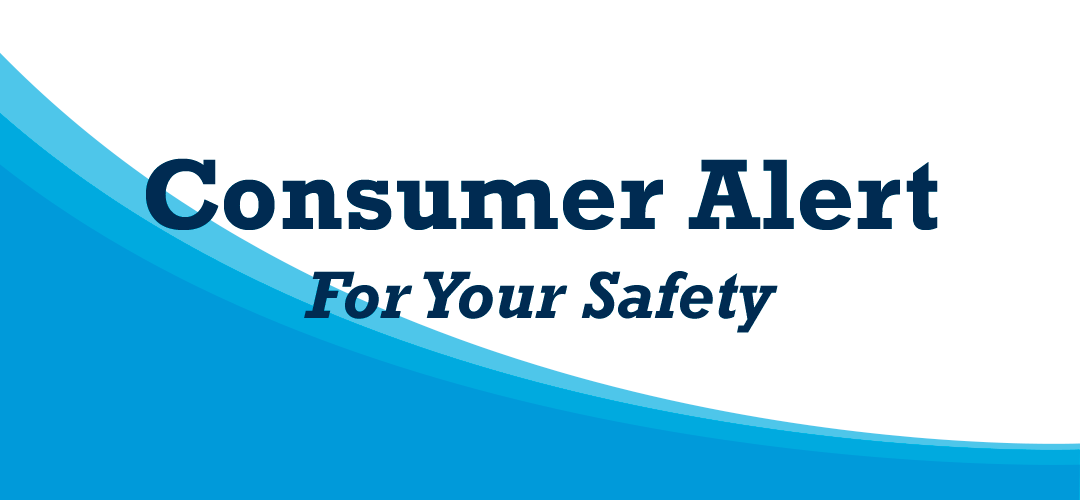Starting off your career path is a stressful time for everyone, even without having to deal with the potential scams that flood the entry level job market. Scammers have been known to target college students specifically by posting on college job listing websites or sending emails directly to students. These scams often ask students for sensitive personal information, including bank information, that puts the student and their financial future at risk.
At Southern, your safety and security is of upmost importance to us. That’s why we are sharing with you some helpful tips to guard yourself and your loved ones from being taken advantage of by scammers.
What to look for in College Employment Scams:
- Scammers post online job advertisements soliciting college students for administrative positions.
- The student employee receives counterfeit checks in the mail or via e-mail and is instructed to deposit the checks into their personal checking account.
- The scammer then directs the student to withdraw the funds from their checking account and send a portion, via wire transfer, to another individual. Often, the transfer of funds is to a “vendor”, purportedly for equipment, materials, or software necessary for the job.
- Subsequently, the checks are confirmed to be fraudulent by the bank.
Tips on how to protect yourself from this scam:
- Never accept a job that requires depositing checks into your account or wiring portions to other individuals or accounts.
- Many of the scammers who send these messages are not native English speakers. Look for poor use of the English language in e-mails such as incorrect grammar, capitalization, and tenses.
- Forward suspicious e-mails to the college’s IT personnel and report to the FBI. Tell your friends to be on the lookout for the scam.
What’s the risk?
Getting scammed could affect your present and future financial health.
- The student’s bank account may be closed due to fraudulent activity and a report could be filed by the bank with a credit bureau or law enforcement agency.
- The student is responsible for reimbursing the bank the amount of the counterfeit checks.
- The scamming incident could adversely affect the student’s credit record.
- The scammers often obtain personal information from the student while posing as their employer, leaving them vulnerable to identity theft.
- Scammers seeking to acquire funds through fraudulent methods could potentially utilize the money to fund illicit criminal or terrorist activity.
Remember, it’s always good to be cautious with the information you give. Even if it’s on a trusted site, it is still important to make sure the company is reputable and safe.
For more on the targeted college scams, view the FBI PSA: Employment Scam Targeting College Students Remain Prevalent.
Victim of Identity Theft?
Identity Theft is a growing area of concern in the digital age. We take your identity protection very seriously, but there are some steps required on your end as well. Check your accounts often for any unauthorized or fraudulent activity, and check your credit report at least annually. You are entitled to a free credit report; you can request that at AnnualCreditReport.com. If you notice any discrepancy or have any other questions, contact us at 1(800)789-3428 and visit these government-sponsored websites:
- FTC.gov
- Arkansas Attorney General ID Theft – http://gotyourbackarkansas.org/identity
- Mississippi Attorney General ID Theft – http://www.ago.state.ms.us/victims/identity-theft/
Be very careful when giving out personal or account information. For instance, if the bank contacts you, we will never ask for your full name, account number, or social security number; however, if you contact the bank, we may ask a few verification questions to ensure that we are talking to the correct person.

